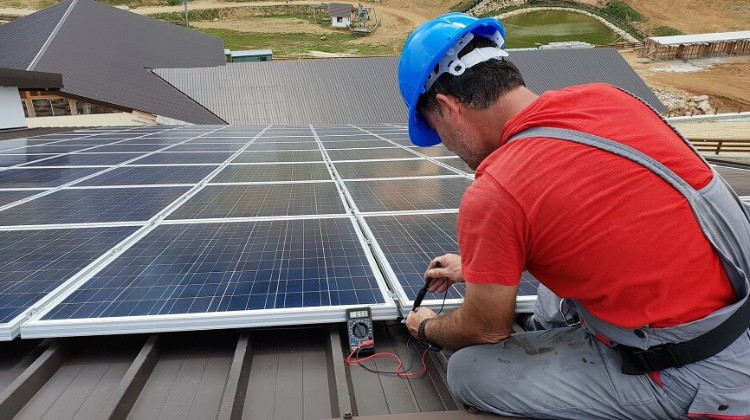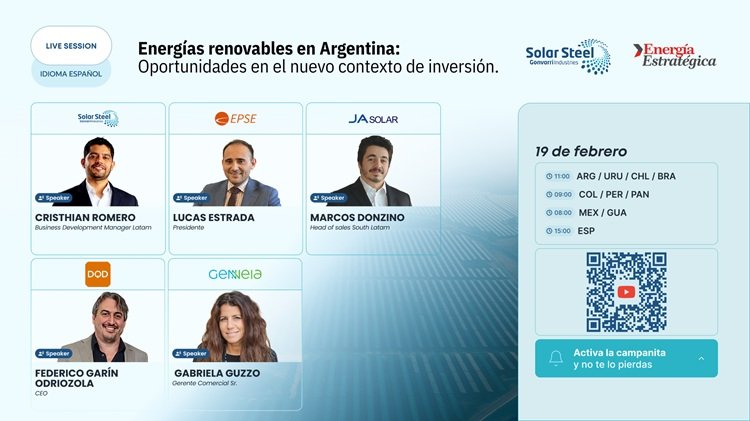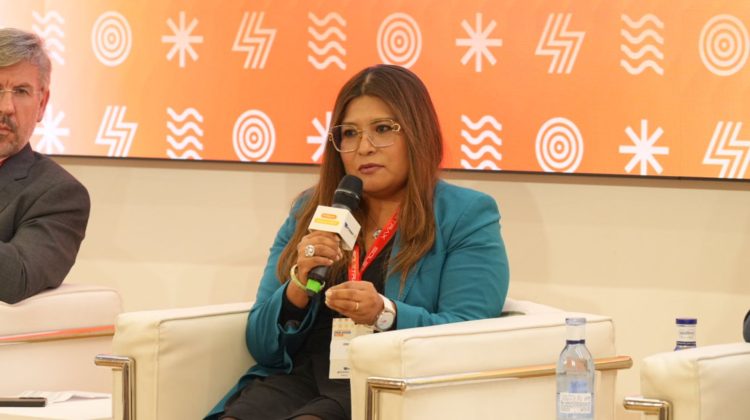After years of strong growth — with 2,507 MW of self-consumption added in 2022, 1,706 MW in 2023 and 1,182 MW in 2024, for a cumulative 8,137 MW — total installed solar power exceeds 32.3 GW and already represents 25.1% of national electricity capacity. The installed base is substantial, but also presents a challenge: improving the technical and operational quality of systems.
Many photovoltaic systems in Spain have been installed with technical shortcomings, even by renowned companies, notes Christian Correa, auditor and member of The MPV Solar Reference, who is actively involved in training and audits nationwide.
Speaking to Strategic Energy Europe, Correa points out that the current scenario offers an immediate opportunity for companies specialising in both corrective and preventive audits and maintenance, with a direct impact on plant safety, performance and lifespan.
The most common problems include faults in module placement, structure selection and assembly, wiring errors, and deficiencies in direct current connectors, which in extreme cases can lead to arc flash risks and fires.
In the residential segment, the volume of installations remains high — 51,306 new homes in 2024 compared to 84,545 in 2023 — but varying quality levels make it necessary to reconsider technical follow-up.
Correa notes that “light” O&M contracts (cleaning, connector inspection, basic thermography) can stabilise output, with international reference costs ranging from $13 to $25/kW·year depending on requirements.
To avoid future cost overruns, he advocates investing in premium materials: modules with a lifespan of 30–40 years and high-end inverters, whose higher initial cost is relatively small but significantly improves total cost of ownership.
In the commercial and industrial segment, technical errors result in safety risks and production losses. In PPA contracts, Correa warns of performance ratio (PR) deviations from the agreed 80–82% to figures closer to 60%, due to authorisation delays or export restrictions.
For these plants, he recommends comprehensive technical audits with more than 170 items checked, prioritisation of corrective measures by criticality, and quarterly or semi-annual preventive plans.
In the utility-scale segment, the assessment is more favourable. “Generally in this segment, work is done very well,” says the auditor. While not free of issues, this segment tends to implement better engineering practices, independent supervision and quality control. Correa stresses that some of this know-how can be applied to self-consumption and industrial projects: from commissioning protocols to implementing availability and performance KPIs.
Opportunity for professionalisation
Correa identifies three keys to improving quality:
- Audits carried out by proven specialists, checking “down to the last screw”.
- Creation of standardised operational methods for installation and maintenance.
- Ongoing training in electricity and photovoltaics for all field staff.
In his view, companies must invest in training and quality materials. He also notes that the current price war harms the sector as a whole and adds that “the lack of planning undermines the sector’s credibility”, which is essential to accelerate the energy transition.
Spain is already a solar powerhouse in terms of installed volume and resource availability; the next step is to lead in quality standards. With rigorous audits, planned maintenance and solid technical training, the sector can optimise performance, enhance safety and create skilled jobs across all segments: residential, commercial, industrial and utility-scale.
For Correa, the potential is clear: “This can be resolved by creating a company culture in photovoltaics, with operational methods and learning from mistakes.”



























